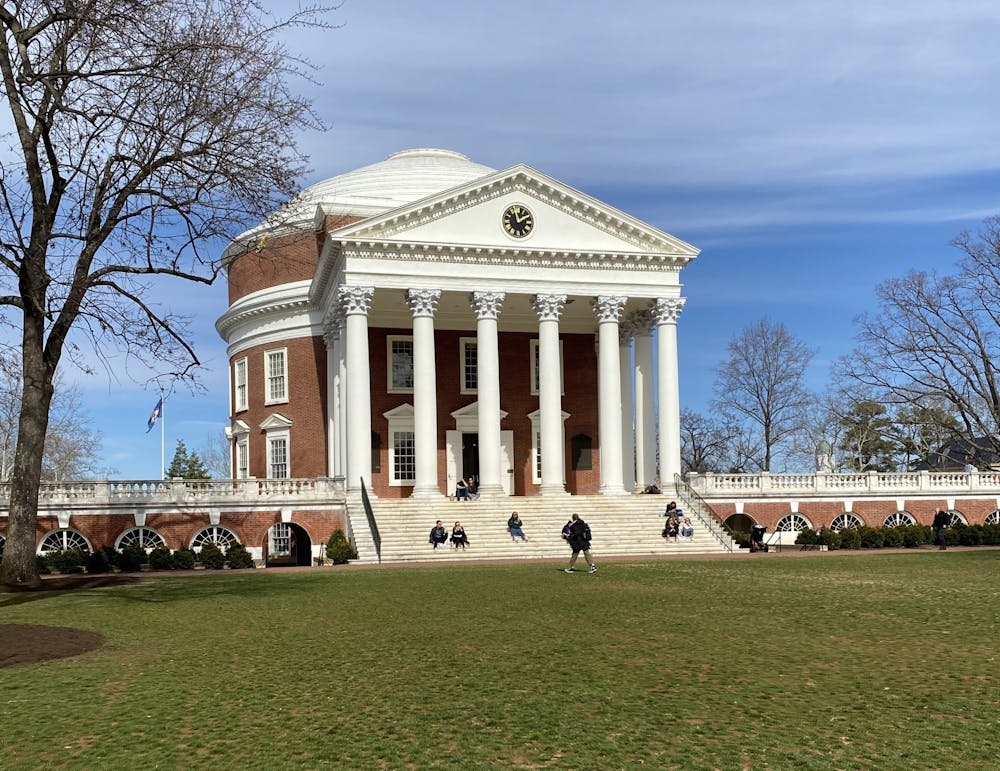The University addressed frustrations with the new COVID-19 restrictions and detailed its compliance reporting process in a University-wide email Thursday afternoon. The announcement comes after many students have expressed concerns about individual and group noncompliance with COVID-19 policies.
“We know and regret that these new temporary restrictions are a hardship for students who are already struggling to cope with all of the other ways this pandemic has disrupted their lives,” the email said. “Our goal is always to strike a balance between protecting public health and allowing people to live, learn and work here as easily as possible. Presently, maintaining that balance requires the types of restrictions we have in place.”
The University banned in-person gatherings until Feb. 26 after 121 new COVID-19 cases were reported Monday, breaking the previous daily high of 59 cases reported on Sept. 17. This record was shattered once again when the University’s COVID-19 tracker reported 229 new cases Tuesday.
Amidst speculation on social media about the influence in-person Greek life recruitment may have had on the rising number of COVID-19 cases, the University states that its health and safety guidelines apply to everyone equally, including sororities and fraternities. Under these guidelines, individuals and organizations were permitted to gather in groups of six or fewer throughout the two-week recruitment period, so long as individuals wore a mask and stayed six feet apart.
The University said that it has found no evidence that Greek life recruitment was primarily responsible for the rise in cases, despite speculation on social media.
“At this point, speculation that Greek organizations, or any other single group or part of our community, are solely or primarily responsible for rising cases is not supported by evidence,” the email said. “Transmission and noncompliance are widespread across our community, which is why our public health experts made an unequivocal recommendation to enact the community-wide restrictions announced on Tuesday.”
Additionally, the Inter-Fraternity Council disputed allegations of noncompliance with public health guidelines in a statement Wednesday. The IFC explained that it worked with the Office of the Dean of Students to develop its in-person recruitment policies and said that chapters were required to follow “stringent public health guidelines.”
“Going forward, the IFC remains committed to stopping the spread of COVID-19 and complying with all University guidelines, including the recent ban on all in person gatherings. We will conduct all new member activities virtually until small gatherings are again permitted by the University. The Governing Board will continue to process and investigate all allegations of non-compliance as they are reported.”
GroupMe messages posted on social media show IFC President Andrew Huffman, a third-year College student, urging IFC members to “not add fuel to the fire” by engaging in in-person activities related to pledging or initiation.
“There is no reason to risk any in person activity right now when the consequences are potentially disastrous for the IFC,” Huffman said in the messages.
Individuals who see a violation of policy occurring can report the violation to the University through their compliance reporting process. Specific details such as location, date and time, however, must be provided in order for the University to take appropriate action.
In areas of increased reports or cases of noncompliance, the University regularly increases the presence of U.Va. Ambassadors.
“We regularly follow-up on emails and social media posts in an effort to investigate a possible violation — many of those communications, however, lack the specific details that are necessary to initiating action,” the email said.
Additionally, all undergraduates will need to pause from in-person research lab activities. Faculty, staff and researchers should still report to work but must continue to comply with mandatory, weekly asymptomatic testing. The decision will be revisited in ten days.
A town hall with University leaders and public health experts will be held Friday, Feb. 19 from 3 to 4 p.m. to answer questions about the virus and the new restrictions.







